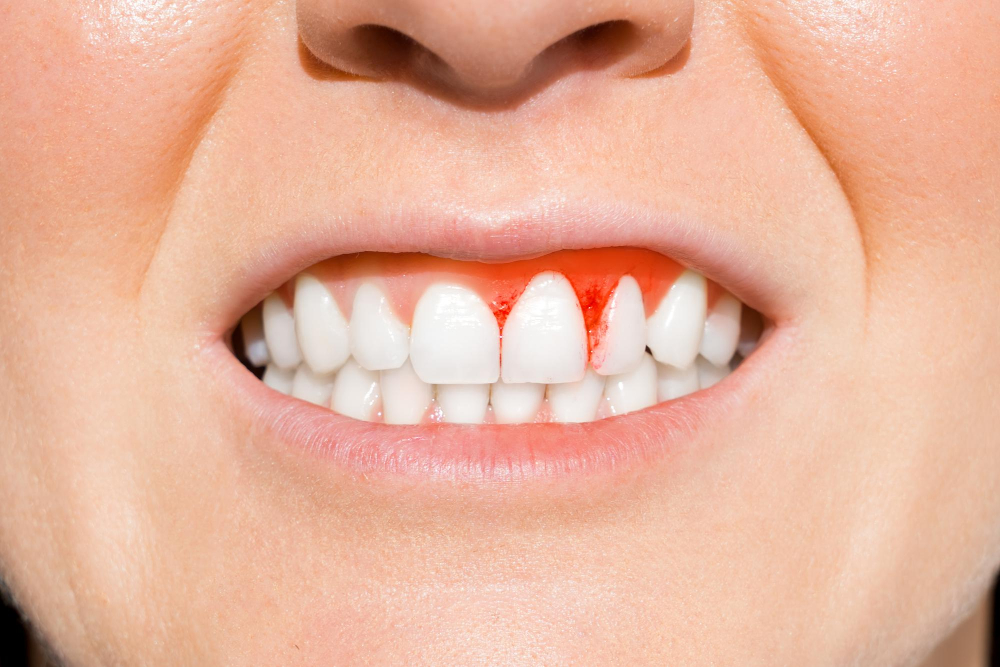Introduction to Gum Disease
Gum disease is a common dental problem that affects many people. It happens when the tissues around your teeth become swollen or infected. Often, gum disease starts with mild symptoms, but it can get worse if left untreated. According to the CDC, almost half of adults over 30 have some form of gum disease. Early care can help prevent serious issues. In this blog, you will learn about gum disease symptoms, causes, and how to prevent gum disease.
Types of Gum Disease: Gingivitis vs. Periodontitis
There are two main types of gum disease. First, gingivitis is the early stage. It causes red and swollen gums. If not treated, gingivitis can turn into periodontitis. Periodontitis is more serious. It can damage the bone that supports your teeth. Both types need attention, but periodontitis can lead to tooth loss.
Causes of Gum Disease
Gum disease usually starts with plaque. Plaque is a sticky film of bacteria on your teeth. If you do not remove plaque, it can harden into tartar. Tartar makes it harder to clean your teeth. Over time, this leads to gum problems. However, other factors can also increase your risk.
Because these causes are common, regular dental care is important.
Common Symptoms of Gum Disease
Gum disease symptoms can be easy to miss at first. Still, knowing what to look for can help you catch problems early. For example, you may notice:
If you see any of these periodontitis signs, it is best to act quickly.
When to See a Dentist
Sometimes, gum disease can get worse without much pain. Therefore, it is important to see a dentist if you notice any gum disease symptoms. Early treatment can stop the problem from getting worse. Even if you do not have symptoms, regular check-ups help catch issues early. If you are looking for gum disease treatment in your city, ask your local dental clinic for advice.
Prevention Tips
Preventing gum disease is possible with good habits. Here are some simple steps you can follow:
Because prevention is easier than treatment, start these habits today.
Conclusion
Gum disease can harm your mouth if not treated early. However, knowing the causes and symptoms helps you take action. For the best care, consult a dentist for personalized advice on gum disease prevention and treatment.



